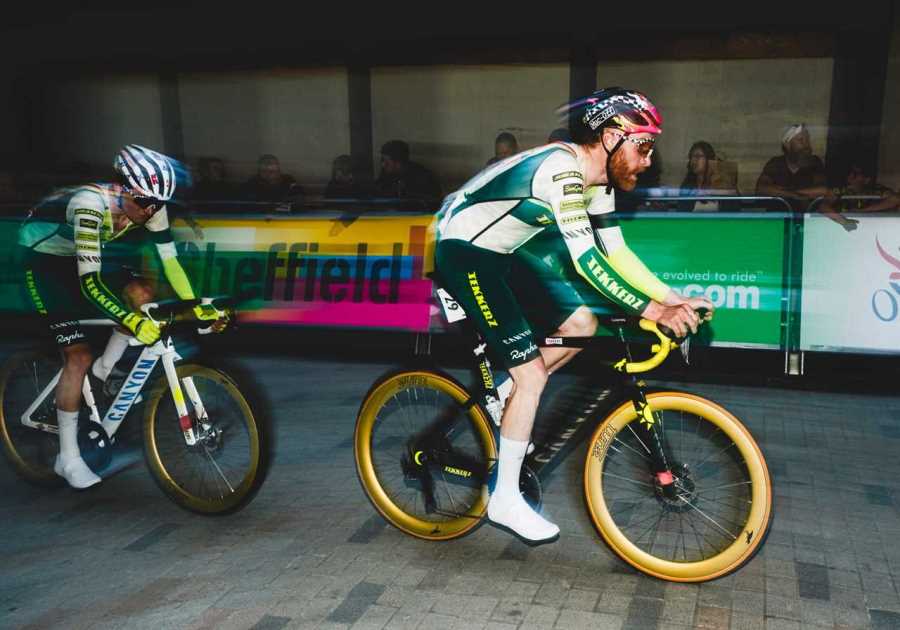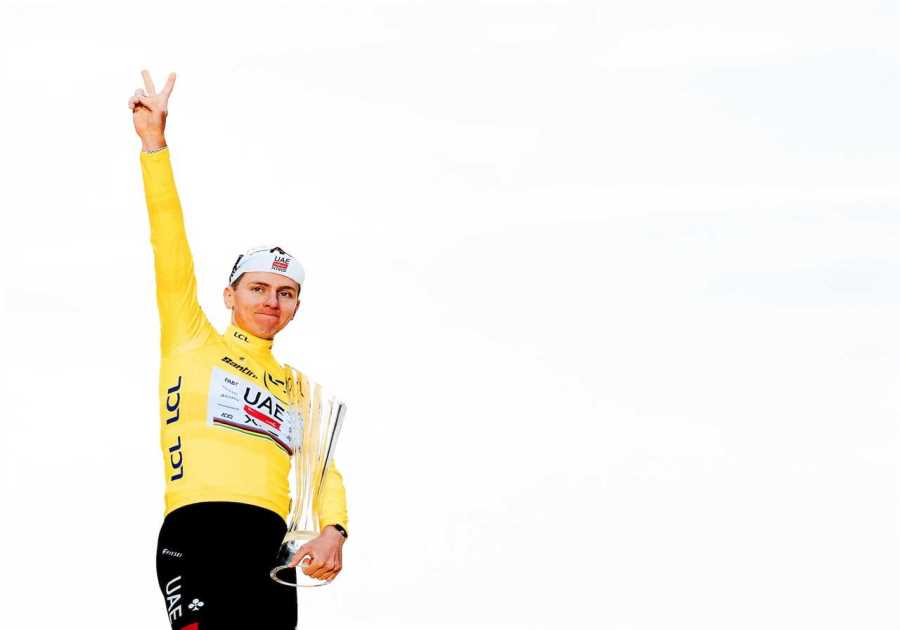HOSTED BY: https://fatmtnbike.com
TODAY'S RIDE
Hors Course stage 13: A short history of Bastille Day
As heard on the Tour Daily podcast, José Been is taking us off the race route for some local historical and cultural context for each stage, from Denmark all the way to Paris.
While France is celebrating the 14th July with fireworks and ‘grande spectacles extraordinaires’ when you hear this podcast, the Tour de France moves on. But maybe I should explain, one day too late for the readers on CyclingTips, what 14th of July is and why it’s the most important national holiday of the country. Sharing a little bit of history of something that’s been celebrated for 230 years a day too late can’t really be a huge issue, can it.
We are talking about the end of the 18th century. France had a class society of clergy, nobility, bourgeoisie and peasants. The nobility made up less than 2% of the population and the clergy about 1%. These estates paid no taxes and had a lot of power, especially the clergy. About 97% of the population belonged to the peasantry and the bourgeoisie or ‘merchant class’ with peasants being the largest group by far. They had to cough up all taxes, but had nothing to say politically.
Not only the peasants and the bourgeoisie were unhappy. The nobility was also dissatisfied from halfway into the 18th century. Under King Louis XV they lost several noble privileges as the monarch tried to distribute taxes more fairly. In itself a great idea but the nobility blocked all attempts at tax reform. Yes, my friends this is something that happens in all times and ages.
Back to 1789.
The king, Louis XVI by now and his wife Marie Antoinette were not popular, to put it mildly. They spent a lot on palaces, pensions, loans and super duper luxuries. Marie Antoinette, for example, had bought her own luxurious farm and had incurred a lot of gambling debts.
The king was appointed and anointed by God so who could say he was wrong? His power was absolute. That was about to change.
The new age of Enlightenment, several very expensive wars fought by the French King leaving the state almost bankrupt, the church’s enormous wealth and a disastrous harvest in 1788 all led to fertile grounds for revolution.
It’s 14 July 1789 in Paris’ most famous prison: the Bastille. About 20,000 Parisians headed for La Bastille prison, aiming to loot the ammunition depot in the basement. The storming of the Bastille, the symbol of the French ‘ancien regime’, the old ruling class, was one of the first major acts of violence of the French Revolution and is considered to be the start of the revolution marked by major uprisings of the French people against the absolute power of King Louis XVI.
The capture of the prison was a sign to the population that the monarchy’s rule and oppression were over.
Fun fact: at the time of the storm, there were only seven prisoners in the Bastille, which did not make the storm any less meaningful.
In 1792 the monarchy was abolished and a year later Louis XVI was decapitated by guillotine, as was his wife Marie Antoinette.
Last bit of history to end. In November of 1799 Napoleon Bonaparte seized power via a coup d’état. The coup marks the end of the revolution because France goes back to absolute power again, now with later crowned emperor Napoleon.
For French riders, winning on ‘quatorze juillet’ is something special. This century only Warren Barguil, David Moncoutié and Richard Virenque have managed to do so.
By: José Been
Title: Hors Course stage 13: A short history of Bastille Day
Sourced From: cyclingtips.com/2022/07/hors-course-stage-13-a-short-history-of-bastille-day/
Published Date: Fri, 15 Jul 2022 10:55:25 +0000
___________________






